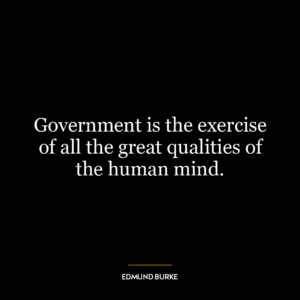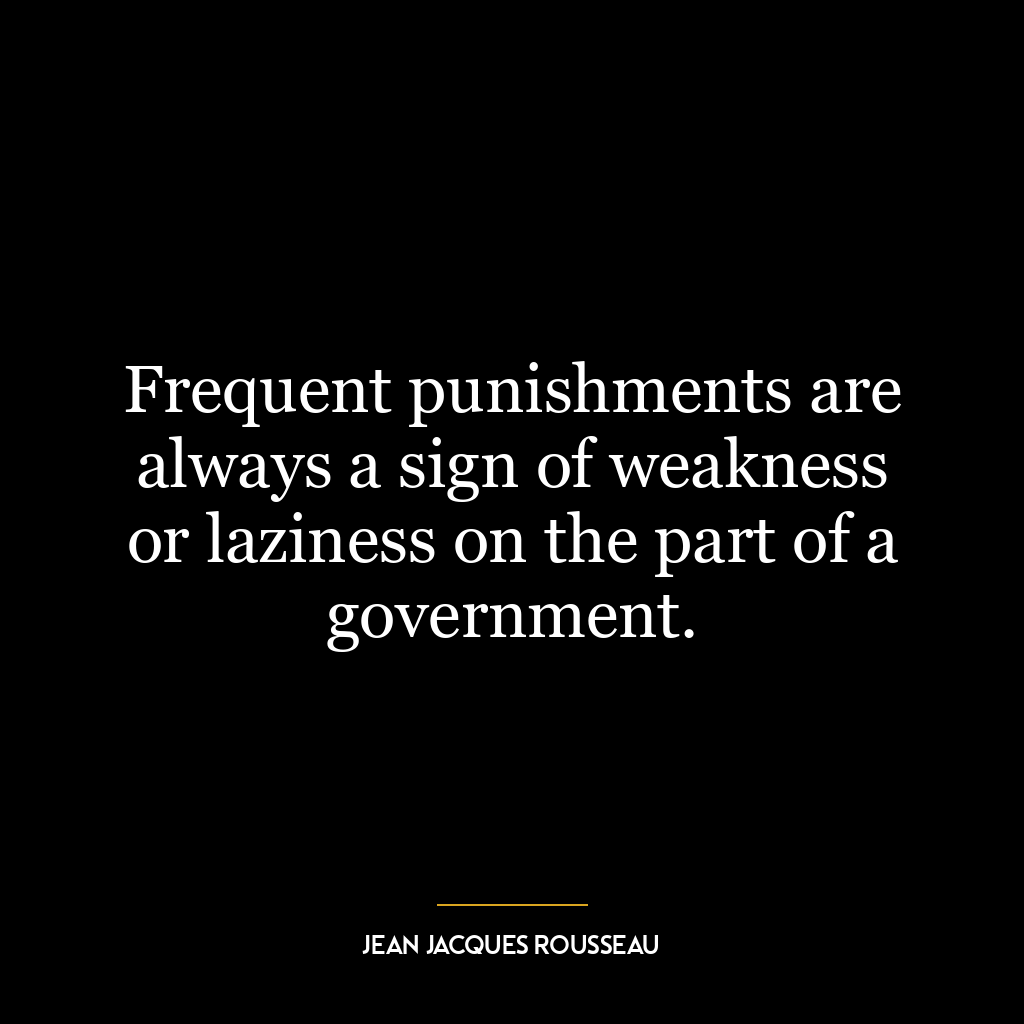This quote suggests that the moment a government intervenes in the market, it alters the fundamental principles of the market system. The market, in its purest form, is governed by the laws of supply and demand, where prices are determined by what consumers are willing to pay and what producers are willing to accept. However, when the government steps in, it can disrupt these natural dynamics, leading to distortions and inefficiencies.
For instance, government intervention can take the form of subsidies, taxes, price controls, or regulations. While these may be well-intended, they can sometimes lead to unintended consequences. Subsidies can artificially lower prices and encourage overproduction, while taxes and regulations can increase costs and discourage investment and innovation. Price controls can lead to shortages or surpluses if they are set too low or too high. Thus, the quote suggests that government intervention can “subvert” or undermine the natural workings of the market.
In today’s world, this quote is particularly relevant given the ongoing debates about the role of government in the economy. Some argue for more government intervention to address issues such as income inequality, climate change, and healthcare, while others argue for less government intervention to promote economic freedom and efficiency.
In terms of personal development, this quote could be interpreted as a reminder of the importance of allowing natural processes to unfold. Just as government intervention can disrupt the market, excessive control in one’s personal life can disrupt natural growth and development. For instance, trying to control every aspect of one’s life can lead to stress and burnout, while allowing for some flexibility and spontaneity can lead to new opportunities and experiences. Thus, the quote may serve as a reminder of the importance of balance between control and freedom in both the economy and one’s personal life.














